The kitchen is one of the most common areas in a household. However, we may not be fully aware that the odors and vapors produced during cooking can impact indoor air quality. Especially in modern living, various cooking methods such as frying, grilling, and boiling can generate various harmful gases, posing threats to our health.

- Components and Sources:
Nitrogen Oxides (NOx): Mainly produced from exhaust gases during combustion in gas stoves or fireplaces, which may lead to respiratory problems and ozone layer depletion.
Carbon Monoxide (CO): Primarily generated from incomplete combustion of fuels, such as gas stoves or burning wood, prolonged exposure to which can cause poisoning and even death.
Suspended Particulate Matter (PM2.5 and PM10): Originating from the smoke generated during cooking, including oil fumes and food particles, which can harm the respiratory and cardiovascular systems.
- Health Hazards:
Respiratory Issues: Prolonged exposure to nitrogen oxides (NOx) and particulate matter (PM) produced during kitchen cooking may lead to respiratory infections, asthma, and chronic obstructive pulmonary disease (COPD).
Cardiovascular Problems: Inhalation of nitrogen oxides (NOx) and PM, such as PM2.5, increases the risk of cardiovascular diseases, including heart diseases and stroke.

Poisoning: Carbon monoxide is a colorless, odorless toxic gas. Prolonged exposure can result in symptoms of poisoning, including headaches, nausea, unconsciousness, and even death.
III. Methods to Reduce Indoor Air Pollution:
Ensure Ventilation: Using an exhaust hood or opening windows for ventilation can effectively reduce the accumulation of harmful gases and particles in the kitchen.
Use Eco-friendly Fuels: Opt for clean fuels like natural gas to minimize emissions of carbon monoxide and nitrogen oxides.
Regular Cleaning: Regularly clean kitchen appliances, exhaust hoods, and ventilation ducts to reduce the buildup of oil fumes and dust.

Use Cooking Covers: Using lids during cooking can minimize the release of oil fumes and particles, thus maintaining indoor air cleanliness.
Use Air Purifiers(air purifier for smoke).: Employ air purifiers in indoor spaces during and after cooking, preferably ones with high CADR (Clean Air Delivery Rate) values, HEPA, and activated carbon filters to quickly purify the air, eliminating pollution and cooking odors(air purifiers voc).
In conclusion, indoor air pollution caused by kitchen cooking poses a potential threat to our health. By taking appropriate measures, we can reduce the generation of these pollutants and protect ourselves and our families' health.

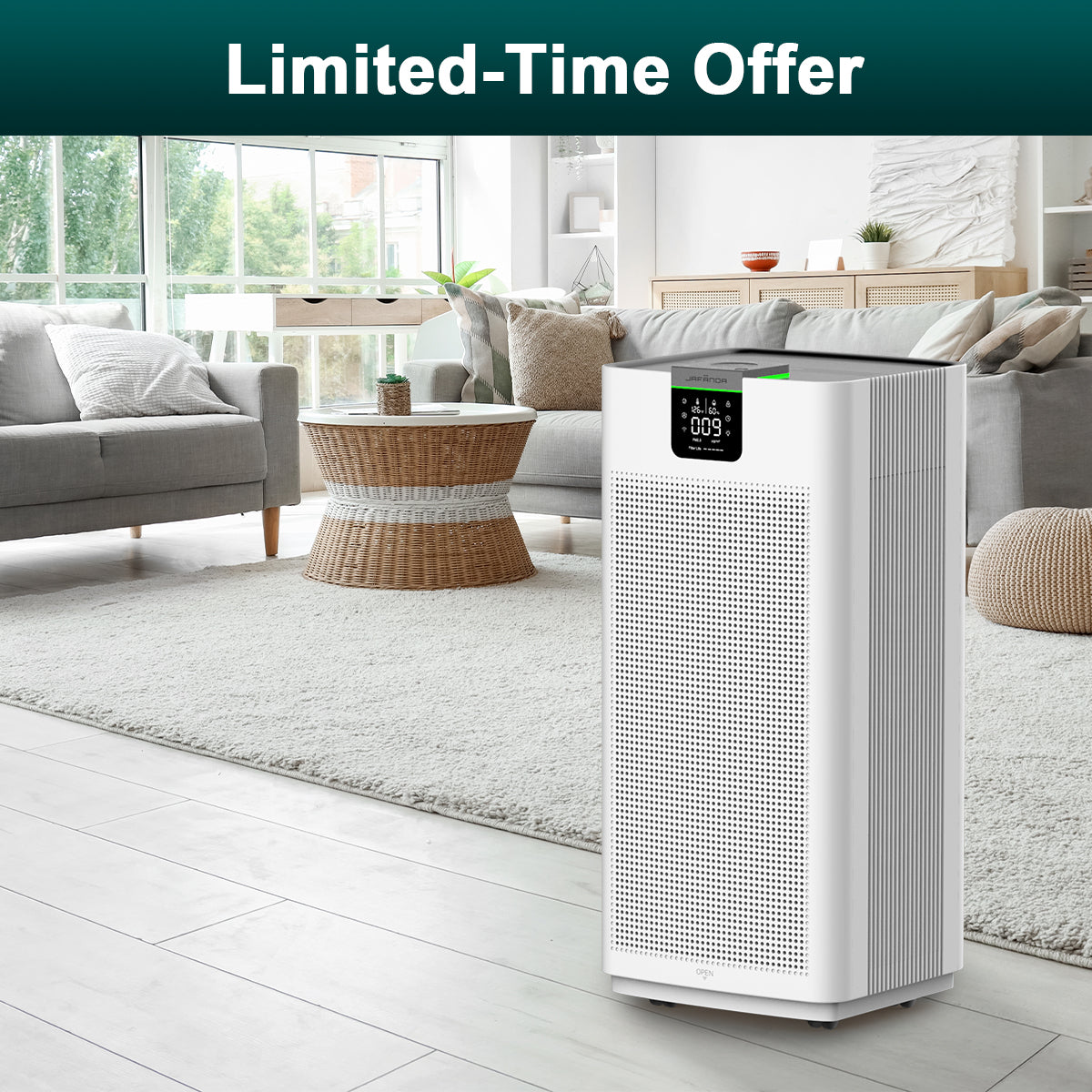
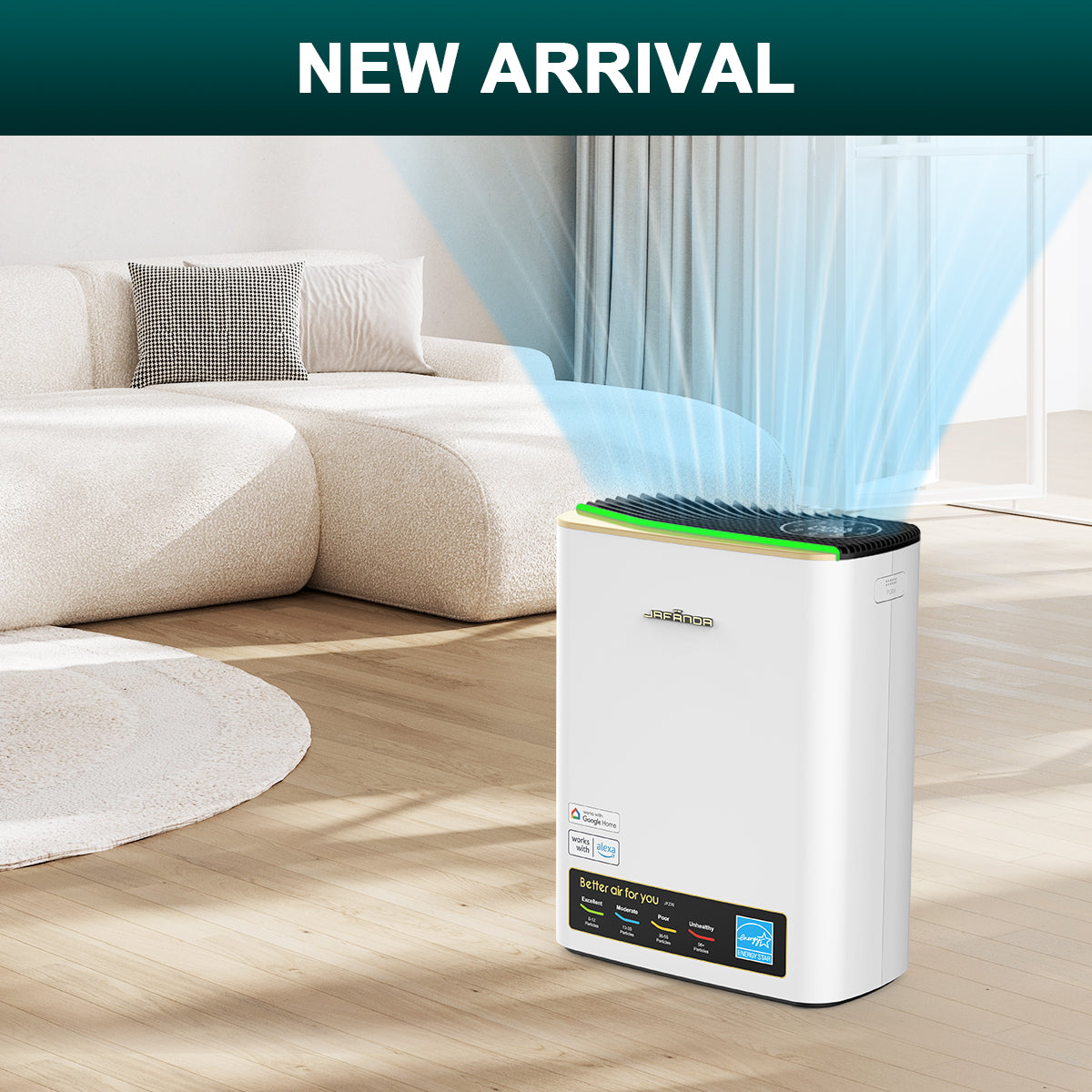

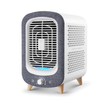
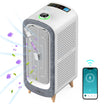
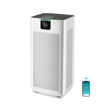

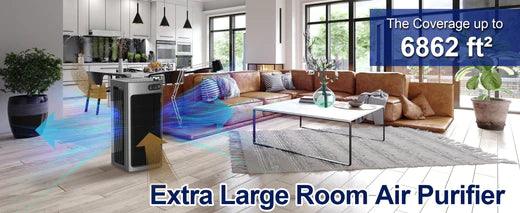
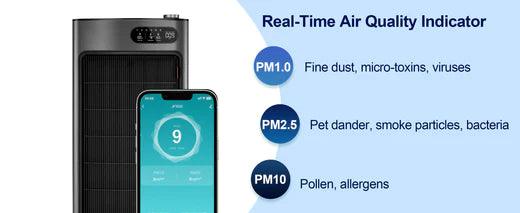

Leave a comment
All comments are moderated before being published.
This site is protected by hCaptcha and the hCaptcha Privacy Policy and Terms of Service apply.